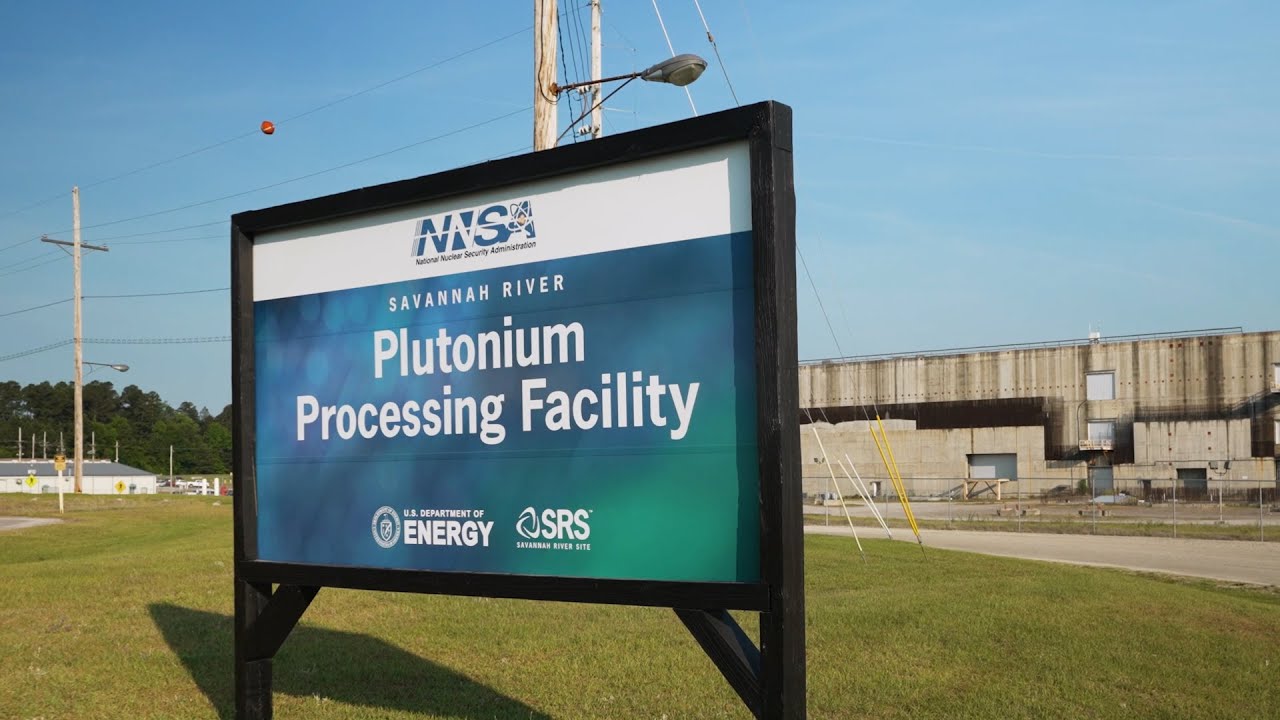
Nuclear Security & Deterrence Monitor Vol. 28 No. 13
Visit Archives | Return to Issue PDF
Visit Archives | Return to Issue PDF
Nuclear Security & Deterrence Monitor
Article 1 of 7
March 29, 2024
No possibility of settling enviros’ suit against S.C. pit plant

Settlement talks collapsed weeks ago between the Department of Energy and environmental groups who sued the agency over its plan to produce nuclear-weapons cores in South Carolina, a Tuesday court filing shows.
“Both parties were hopeful that the nearly two-month…
Partner Content